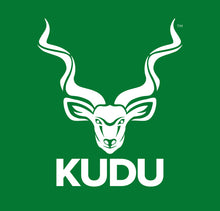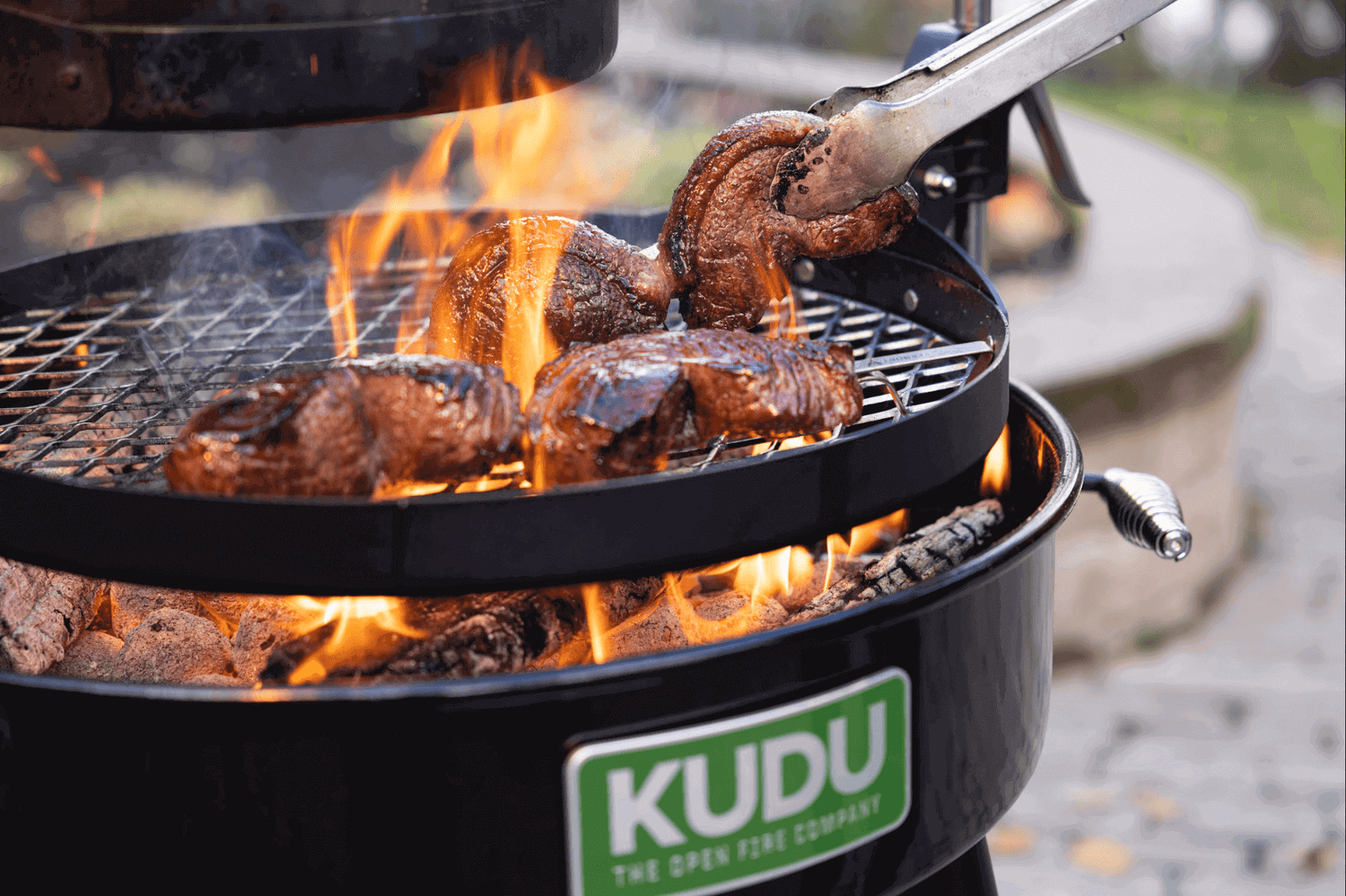In an age where technology dominates our kitchens with gadgets and gizmos, there's something inherently primal and deeply satisfying about cooking over an open fire. Whether you're out camping, in your backyard, or even using a fireplace, open fire cooking offers a host of benefits that go beyond just preparing a meal. Let's explore why this ancient method of cooking still holds a special place in our modern lives.
Connection to Nature
-
Mindfulness and Relaxation: Cooking over an open fire encourages us to slow down, connect with nature, and be present in the moment. The act of building a fire, managing it, and cooking with it can be meditative, helping to reduce stress and promote mental well-being.
-
Back to Basics: It's a way to unplug from digital distractions, fostering a deeper appreciation for the food we eat and the environment around us. This connection often leads to more thoughtful consumption and a greater respect for natural resources.
Unique Flavor Profiles
-
Smoke and Char: The smoke from wood or charcoal imparts flavors that are irreplaceable by other cooking methods. The charring effect adds a depth of flavor that's particularly celebrated in dishes like barbecued meats, grilled vegetables, or smoked fish.
-
Customization: Different woods like hickory, apple, or mesquite offer varied taste profiles, allowing cooks to experiment and tailor the flavor of their food. This can lead to culinary creativity, pushing the boundaries of what's possible with simple ingredients.
Health Benefits
-
Nutrient Retention: Cooking over an open fire can preserve more nutrients in food compared to methods like boiling, which can leach vitamins into the water. The quick cooking times and high heat can lock in vitamins and minerals.
-
Less Fat: When you grill or roast on an open fire, excess fat drips away from the food, reducing the overall fat content of your meal, which can be healthier than cooking methods that require oil or butter.
Social and Cultural Engagement
-
Community Building: Open fire cooking often brings people together. It's not just about the food but the shared experience, storytelling, and laughter around the fire. This communal aspect strengthens social bonds and creates memorable moments.
-
Cultural Heritage: Many cultures have rich traditions of cooking over open flames, from the Argentine asado to the South African braai. Participating in or learning these cooking methods can be a way to explore and honor cultural heritage.
Skill Development
-
Mastery of Fire: Learning to control and cook with fire is an art form that requires understanding heat management, airflow, and fuel types. These skills are not only useful for cooking but also for survival skills in outdoor settings.
-
Adaptability: Cooking over an open fire teaches adaptability, as conditions can change rapidly. This prepares one for various scenarios, from camping to power outages, making it a practical skill for modern life.
Environmental Considerations
-
Sustainability: Using natural, renewable resources like wood can be more sustainable, especially if sourced responsibly. However, it's crucial to consider the environmental impact, ensuring not to contribute to deforestation or pollution from smoke.
-
Reduce Waste: Open fire cooking can minimize the use of energy-intensive kitchen appliances, potentially reducing your carbon footprint.
Open fire cooking is more than just a method; it's an experience that touches on our primal instincts, enhances flavors, promotes health, and connects us with others and nature. Whether you're a seasoned chef or a novice, embracing this form of cooking can enrich your culinary journey, offering both taste and tradition in every bite. So, the next time you have the chance, light up a fire, gather some friends or family, and enjoy the timeless magic of cooking over an open flame.

